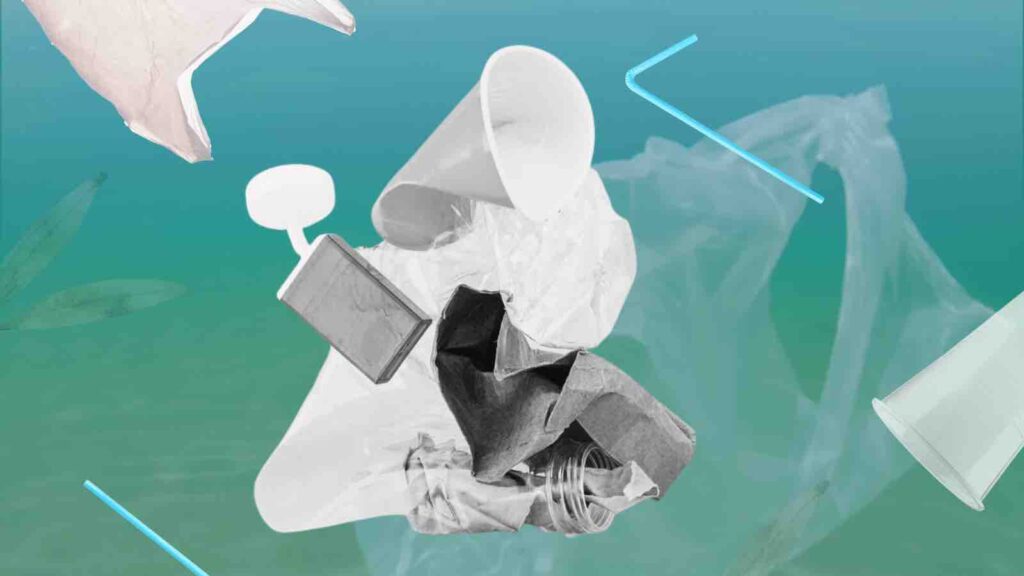After the Christmas and New Year’s shopping and celebrations, it’s time for Zero Waste Month.
The recycling of plastic waste is a growing concern, as only a fraction is effectively recycled, leaving the majority in landfills, illegal dumps, and aquatic ecosystems. The International Zero Waste Month serves as a platform to highlight the commitment, initiatives and achievements to send nothing to landfills, and embrace a circular economy where resources are valued and reused. It challenges the narrative promoted by those favoring the status quo, who often portray zero waste practices as impractical or unnecessary and fossil fuels as indispensable.
RELEVANT SUSTAINABLE GOALS



Meaning of Zero Waste
Zero waste is about making mindful choices in our daily lives to minimize waste from refusing single-use materials (both plastics and other materials) to composting kitchen scraps to advocating for supportive circular economy policy environments.
This year’s observance follows closely on the heels of the third round of Global Plastics Treaty negotiations (INC-3) and the 28th meeting of the UN Climate Change Conference. Despite the high stakes, participants from civil society express skepticism about the progress made. The Break Free From Plastic coalition voiced disappointment in a post-INC-3 statement, citing the lack of substantial advancement towards a comprehensive and legally binding treaty addressing the full life cycle of plastics. The coalition attributes this stagnation to the petrochemical industry’s influence in treaty negotiations and the perceived lack of ambition among nations.
Embracing zero waste is a powerful act. Our current culture of consumption is unsustainable. Extracting raw materials from natural spaces requires large amounts of energy and causes pollution, whether it is logging a forest, mining for minerals or drilling for oil.
Making zero waste generation a cornerstone of a circular economy is essential, but it’s important to remember that it doesn’t happen overnight. Achieving this goal demands sustained efforts from both governments and individuals alike. As you continue to embrace and practice a zero-waste lifestyle, we move closer to creating a world where waste is a thing of the past.
You may also be interested in :
10 Circular Economy Trends To Look Out For In 2024, Reshaping Production and Consumption



